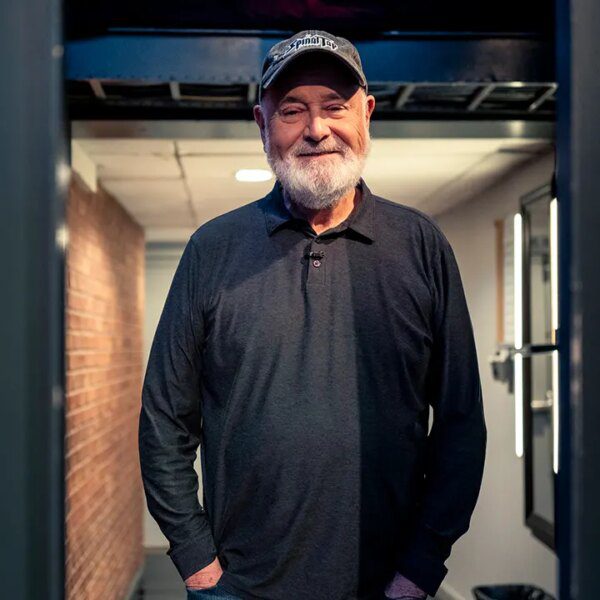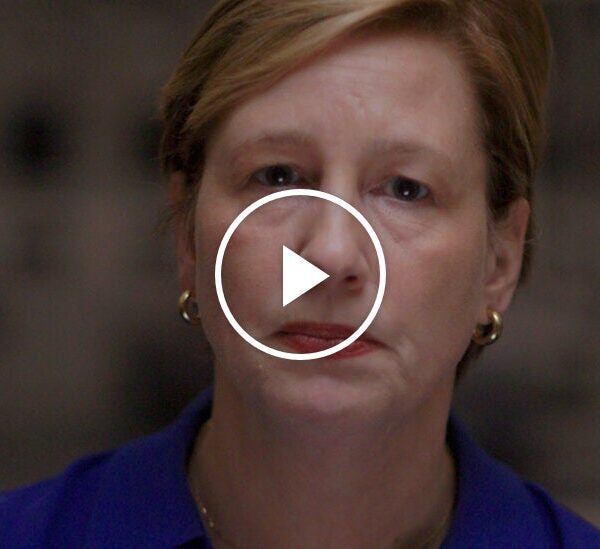
A decade ago, on a Wednesday afternoon in September 2015, Target CEO Brian Cornell stood on stage at the Target Center arena in downtown Minneapolis beneath a Jumbotron projecting a chart showing how the retailer’s stock had dramatically outperformed that of its arch-rival, Walmart, in the preceding year, his first as chief executive.
The crowd of 13,000 Target employees attending the annual corporate powwow erupted into applause—to the delight of a grinning, clearly satisfied Cornell. The CEO had been brought in a year earlier as an outsider to fix the chic-cheap retailer, and his first moves were paying off. In hindsight, that moment of hubristic braggadocio may have provoked the wrath of the retail gods.
Both Cornell and Walmart CEO Doug McMillon, who had taken the reins at that retailer six months before that moment in 2015, have announced in recent weeks they were giving up their respective corner offices on Feb. 1, to be replaced by their lieutenants. But the performance of both CEOs, and their companies, have diverged immensely since that Jumbotron chart.
McMillon has been lauded for modernizing the tradition-bound Walmart, which has become a tech and e-commerce powerhouse capable of holding its own against the rising threat of Amazon and positioning itself well for the AI era. Walmart shares have risen 300% since McMillon, who started at his career as a warehouse worker at Walmart unloading trucks, became CEO. During his run, annual revenue rose nearly $200 billion to $681 billion.
In contrast, Target’s shares are only up 60% under Cornell—an underperformance compared with its rival but also with the overall market. Cornell’s tenure was seen as very successful until about 2022, as revenue soared during the pandemic, but the chain lost ground in the aftermath. It has struggled with a number of factors including merchandise that was no longer appealing to a more price-conscious shopper; backlash to its diversity efforts and then to its quick abandonment of those efforts; complaints about customer service; and supply chain problems that led to empty shelves.
To be sure, the CEO can’t take full credit—or blame—for a company’s performance, when many factors are at play. But the markedly different reactions to the news of the two CEOs’ departures is telling.
When Cornell’s departure and the appointment of his successor Michael Fiddelke was announced, many analysts wondered aloud whether the new CEO is the right man for the job. Fiddelke—who has been chief operating officer and, previously, finance chief—has so far been unable to fix the supply chain problems that have led to shelves chronically empty of key products. And the Target board’s appointment of Cornell as executive chairman—essentially, Fiddelke’s boss—raised some eyebrows, with some suggesting that the company was still being run by the two executives who landed the company in trouble in the first place.
A spokesperson for Target defended the company’s decision. They said Fiddelke’s appointment was “the outcome of a deliberate, years-long and thoughtful CEO succession process,” and that Cornell had “built a strong foundation” and “experienced leadership team.
Be that as it may, Target shares have slid 15% since the announcement, as many on Wall Street were hoping for an outsider with fresh eyes at the head of the company to execute a turnaround with a clear plan. One activist investor, the Accountability Board, last month asked Target to change its bylaws to require the chair be an independent director and not a former executive.
The announcement last week that McMillon was not only stepping down as CEO in February but leaving the Walmart board altogether in June (he will remain through 2027 as an advisor) stood in marked contrast. Walmart’s incoming CEO John Furner, a three-decade company veteran, has run Walmart’s thriving U.S. business and overseen its 4,600 stores since 2019. He has been credited in playing a major role in the company’s success by preparing it for the next big changes in consumer behavior, specifically AI-powered shopping, or “agentic commerce.”
McMillon leaving both the c-suite and board within months suggests a company confident that it has prepared his successor to step up and fill the shoes of the transformational CEO. “This was a planned and thoughtful leadership transition from a position of strength,” said a Walmart spokesperson. Walmart’s success in recent years and its track record for developing a deep bench of talent has given investors confidence that Furner, under whose leadership Walmart U.S.’s $600 billion a year business has thrived, is up to the task.
“Bittersweet change (we’ll miss Doug) happening in time of strength,” was the assessment of TD Cowen analyst Oliver Chen in a research note that praised Walmart’s incoming CEO. “We also believe he has a similar servant-leader mentality and people / execution focus to Mr. McMillon. We expect a continuation of current strategies.”
There’s less confidence among analysts about Target’s transition. “In contrast to the situation at Walmart, incoming CEO Michael Fiddelke is tasked with a turnaround,” said Quo Vadis Capital president and founder John Zolidis. “We assume he has new ideas to rebuild Target’s brand equity, refresh the merchandise and reignite sales growth, but these have to be articulated.”
Instead of signaling a fresh start, Target’s approach to the CEO change suggested to some analysts a leadership that just doesn’t want to let go. “This does not necessarily remedy the problems of entrenched groupthink and the inward-looking mindset that have plagued Target for years,” Neil Saunders, managing director of GlobalData, wrote at the time.
Not everyone thinks Target should have chosen an outsider. In an opinion piece in Fortune last week, Yale School of Management professor Jeffrey Sonnenfeld and his colleague at the Yale Chief Executive Leadership InstituteSteven Tian argued that choosing insiders historically leads to bigger stock increases for companies changing CEOs than outsiders do.
They complain that “many seemed to have written [Fiddelke] off from the start, primarily by virtue of his insider status”—a stance they say is “premature.” They acknowledge that the challenges ahead for Target are great, but argue that Fiddelke may well be the CEO to deliver “bold, decisive moves, even if it means ripping off the band-aid right up front and working through some transitory pain.”
Perhaps. But for now, Wall Street is not quite convinced.















